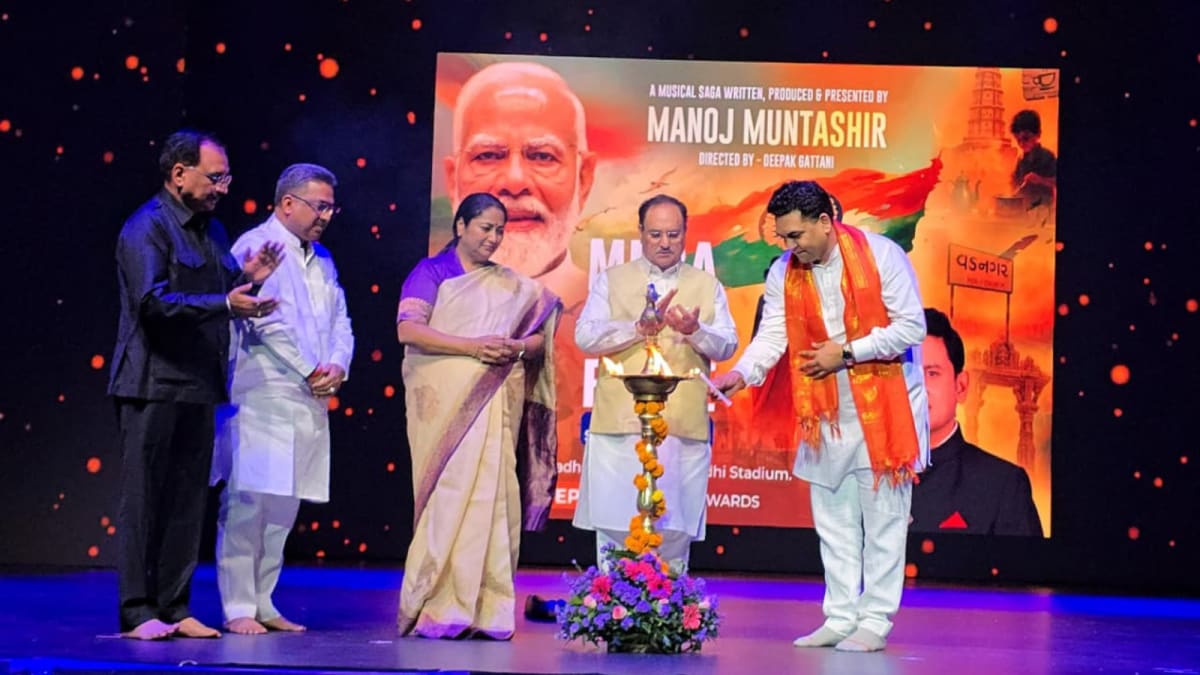ARTICLE AD BOX
The Election Commission of India has said except for a “minor clock error”, it found no mismatch between voting machine and VVPAT slips taken for diagnostic testing from the Chenani Assembly seat following last year’s assembly election.
This comes following tampering allegations in the assembly segment.
In a statement it issued Thursday, the Election Commission said that except for a “minor clock error” in one electronic voting machine (EVM), polling data saved in three machines taken for testing “fully matched” VVPAT slips.
This came after verification of EVMs from three polling stations at Chenani was done under tight security Thursday following a request from Harsh Dev Singh, the state president of the National Panthers Party and a candidate for the seat. Singh had lost the seat to his cousin and Bharatiya Janata Party candidate Balwant Singh Mankotia in the election held last October.
This was the second EVM verification exercise conducted this year. On July 31, the Election Commission of India (EC) held the exercise at 10 Maharashtra Assembly seats following applications from unsuccessful candidates and said the machines were found to be “flawless”.
According to an official statement from the ECI, the exercise began at the Government Degree College (Boys), Udhampur at 10:00 am, and it lasted till 7:00 pm “under proper security arrangements and in the presence of designated election officials, engineers from the Electronics Corporation of India Limited (ECIL), and eligible candidates”.
The C&V process was undertaken for three polling stations – Mada-A, Mada-B, and Kud-A – after Harsh Dev alleged tampering.
During the exercise, three Control Units (CUs) from one polling station showed a minor clock error during diagnostic checks but officials put it down to a “technical issue” that had “no bearing on the polled data”.
Story continues below this ad
“In line with the SOP, the applicant was given the option of randomly selecting EVMs from other polling stations within the same Assembly constituency,” it said, adding the process continued with diagnostic checks, mock polls and verification of polled data with VVPAT slips, which fully matched and satisfied the candidate.
Harsh Dev Singh, however, remained unconvinced, alleging that of the six EVMs, three machines “failed” the diagnostic test. “Of the remaining three, one had ‘rejected and defunct’ written on it by the Election Commission. “Votes were also cast through this rejected and defunct EVM, and 90-94 per cent of the votes polled this way had been in their (BJP) favour,” he alleged.
In a ruling in April last year, the Supreme Court directed the Election Commission of India to allow verification of five percent of EVMs in each assembly segment of a parliamentary constituency within seven days of counting day. This check is to be conducted on a written request from losing candidates.



.png)
.png)
.png)

























 English (US) ·
English (US) ·